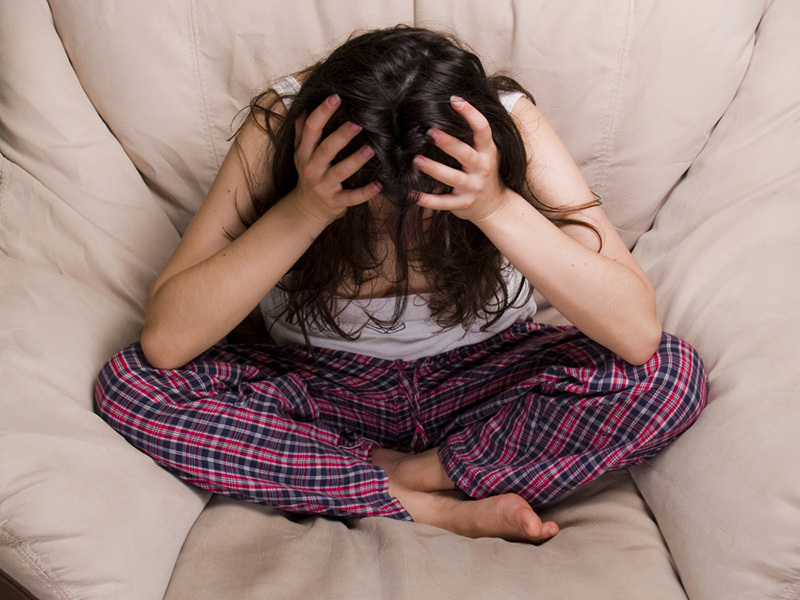Living with bipolar
Being diagnosed with bipolar and living with the illness.

When you are in your early twenties, when you are in your prime, the last thing you want to hear is that you have a mental health condition known as bipolar.
Acceptance of living with bipolar took me about three years, in and out of hospital. Every year, I would run into pressure at work and think I should put my head down and battle it out. Well that battling put me in hospital three times, sometimes for three months.
If I can give any advice to someone with bipolar, it is to know your limits. Have boundaries and don’t cross them. Looking for a challenge is natural and everybody needs a bit of bounce in their life. However, it’s important to know when to stop and when to take a break, because if your teacher doesn’t know, or your boss or your lecturer doesn’t know, then you are your own teacher, lecturer and boss when it comes to your illness.
Don’t let anyone tell you what you can and can’t do. Listen to yourself first and listen to the medical staff as well. Friends and family are unbelievably important but they are not qualified to care for you when you are sick. Try and be open with your emotions and talk to the right people.
I went through three years thinking that a delusion I had was actually true. Then, I was in hospital one day and I talked to a friend who explained her delusion. It was so similar to mine that it had to be that both of us were experiencing an element of mental illness.
This was the start of my recovery. Nobody wants to accept they have faults. So I backtracked all my past delusions and realised, that is all they were: delusions. It was a great feeling to get my grip back on reality. I’ve never experienced anything as special as gaining back my senses. It was like I was locked up in a tomb for three years and then crawled out of a small hole. Let the good days roll on and challenge the bad days.
Getting help:
- Talk to someone who you can trust like a friend or family member.
- If you think that you or someone you know might be showing signs of bipolar disorder, it is very important to get professional help.
- Contact your local doctor or GP who will be able to refer you to a psychiatrist.
- You can also go here to to find your local GP in the Republic of Ireland.





